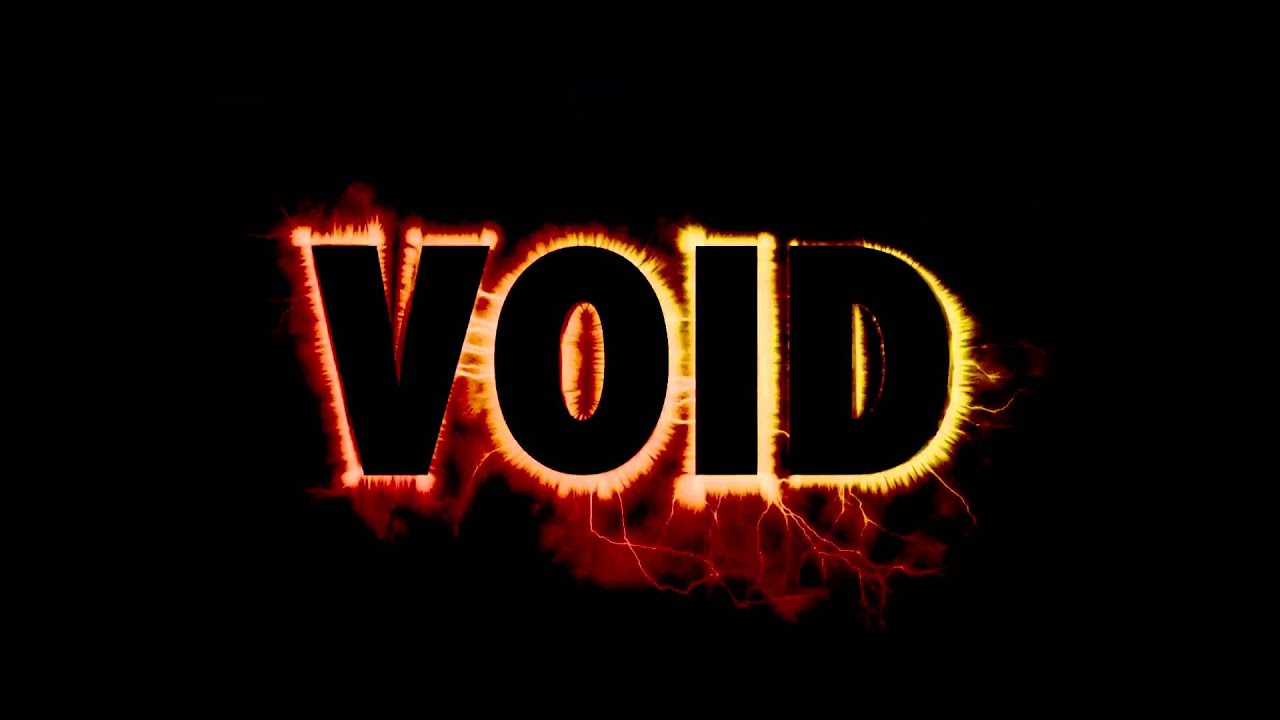Enter the Void is not an easy movie to watch, and that isn’t simply because it contains a startling killing, gratuitous sex, and a horrific car accident which routinely interjects the narrative. When you watch the most recent film from Gaspar Noé (at least until Love is released later this year), you are cast into an active role as the main character in the film. Ostensibly, you are Oscar, and get to experience his world and story through his very own eyes. The entirety of the film is shot from Oscar’s point-of-view, and we only get to see his face in mirrors a handful of times. This perspective doesn’t even shift when Oscar is killed and his consciousness leaves his body – we still view the remainder of the film, including multiple flashbacks and flashforwards through this lens. This single effect give Enter the Void an encompassing feel, as though the entire world of the film reaches out and surrounds the viewer, challenging us with the psychedelic neon colors, flashing lights, and unabashed raw energy. Immersed in this world, we are forced to confront the troubling aspects of Oscars past, present, and future as we rocket inexorably towards a new beginning and a new understanding of life.
For the smallest sampling of the aesthetic of this film, check out the opening title sequence, which dissolves into the first shot of the narrative:
The true plot of this film is nuanced and hard to nail down, but a bare-bones synopsis is as follows: Oscar takes some drugs in his Tokyo apartment, gets called to deliver some other drugs to his dealer, and finds himself in the middle of a sting. He decides to run, and is shot and killed by the police while disposing of the drugs. The remainder of the film is still shot through Oscar’s point of view, but is no longer confined to the present time or location of his body. Instead, we are whisked along for a transcendent ride reminiscent of the final movement of Kubrick’s 2001: A Space Odyssey. We wander through Oscar’s present, a fundamentally voyeuristic expedition which features his stripper sister having sex, his friends and family reacting his to his death, and occasional trips into raw, multicolored visual designs (which often act as transitions between scenes).
However, Enter the Void is not content with merely observing the world directly after Oscar’s death. Interspersed between images of Oscar’s wandering consciousness in the present are scenes of his past – in particular one traumatic event which repeats multiple times yet still manages to remain shocking and affecting each time. These scenes give the narrative a distinct non-linear feel that would not be present if the film only included the present time. Although lacking any physical boundaries on screen, Oscar’s consciousness still travels forward in time in relation to the other characters; were it not for the continuous flashbacks, the story would be visually breathtaking, but fairly pedestrian. These flashbacks, when coupled with some philosophizing from early in the film, almost mold the story into allegory, and by the time you begin to feel the drudgery and the weight of experiencing the trauma yet again, you being to yearn for a way out of the cycle.
The climactic scene contains gratuitous sexual acts and is brightly colored while remaining emotionally taxing, which is actually an appropriate way to describe the entirety of the film. Scenes like these can be quite off-putting and may scare viewers away, but those who are determined to stick through the full two-and-a-half hours of run time will experience a film unlike any other. The psychedelic, point-of-view visuals and hovering, tasteful camerawork force the viewer to inhabit this strange, almost animalistic view of life and consciousness. I am not sure that I agree with the explicit philosophical ideas behind the film (nor that I fully understand them), but I am certain that Enter the Void approaches cinematic storytelling in a novel and exciting way, and offers up a supremely unique vision of what a film can be.



Thank you for your sharing. I am worried that I lack creative ideas. It is your article that makes me full of hope. Thank you. But, I have a question, can you help me?
Can you be more specific about the content of your article? After reading it, I still have some doubts. Hope you can help me.
Thank you for your sharing. I am worried that I lack creative ideas. It is your article that makes me full of hope. Thank you. But, I have a question, can you help me?
Thank you for your sharing. I am worried that I lack creative ideas. It is your article that makes me full of hope. Thank you. But, I have a question, can you help me?
Thank you for your sharing. I am worried that I lack creative ideas. It is your article that makes me full of hope. Thank you. But, I have a question, can you help me?
Your point of view caught my eye and was very interesting. Thanks. I have a question for you.
Thank you for your sharing. I am worried that I lack creative ideas. It is your article that makes me full of hope. Thank you. But, I have a question, can you help me?
Thanks for sharing. I read many of your blog posts, cool, your blog is very good.